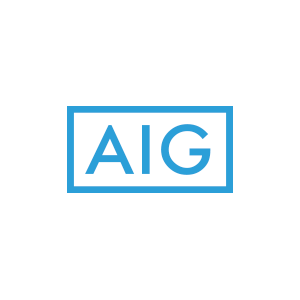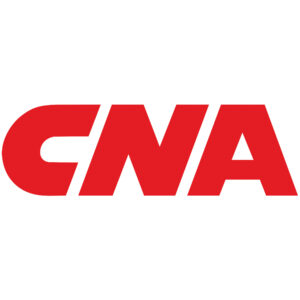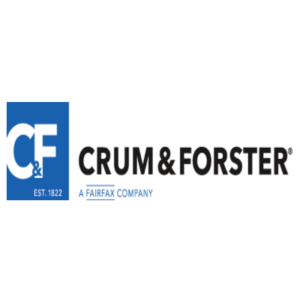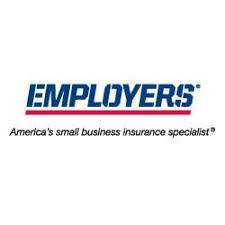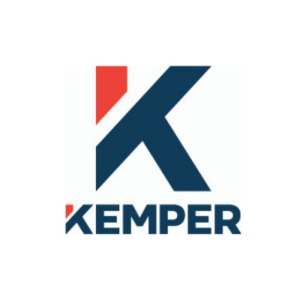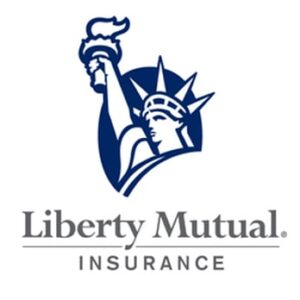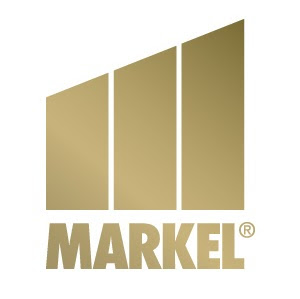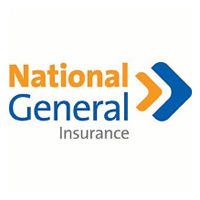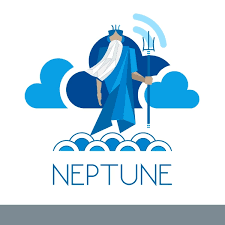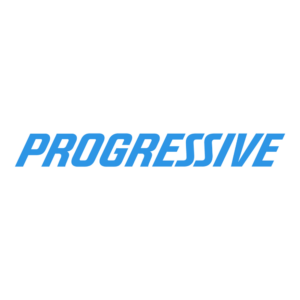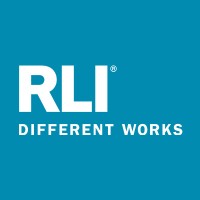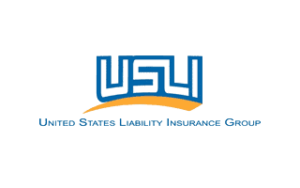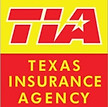Engineer Insurance
Protect your engineering profession with specialized insurance coverage
Get engineer insurance tailored for your high-risk field
Engineer insurance, often referred to as professional liability insurance for engineers or errors and omissions insurance (E&O), is a specialized type of coverage designed to protect engineers and engineering firms from potential legal claims and financial losses resulting from professional mistakes, negligence, or errors in their work. This insurance is particularly important in the engineering field, where inaccuracies or oversights in designs, calculations, or project management can lead to costly disputes and legal action.
Engineer insurance typically covers legal defense costs, settlements, and judgments, allowing engineers to focus on their work with the assurance that they have financial protection in case a client or third party alleges professional wrongdoing or inadequate performance. It plays a crucial role in ensuring the financial stability and reputation of engineering professionals and firms.
Discover comprehensive insurance solutions designed specifically for engineering firms
Insurance solutions for engineering firms are essential to protect against potential liabilities and risks associated with their work. These solutions can vary based on the size and scope of the firm, but there are common insurance options that can be tailored to meet the specific needs of engineering companies of all sizes:
Professional Liability Insurance (E&O): Also known as errors and omissions insurance, this coverage is crucial for engineering firms of all sizes. It protects against claims of professional negligence, errors, or omissions in the services provided, such as design flaws or inaccurate calculations. E&O insurance covers legal defense costs and settlements or judgments.
General Liability Insurance: This insurance provides protection against claims of bodily injury or property damage that may occur on the firm’s premises or as a result of its operations. It covers legal expenses and compensation for damages, including incidents like slip and fall accidents during client meetings.
Commercial Property Insurance: Engineering firms may have valuable equipment, computers, and office spaces. Commercial property insurance safeguards these assets against risks such as fire, theft, vandalism, or natural disasters.
Cyber Liability Insurance: In today’s digital age, engineering firms handle sensitive client data and project information. Cyber liability insurance helps protect against data breaches, hacking, and other cyber threats, covering the costs of data recovery, legal expenses, and notifying affected parties.
Business Interruption Insurance: If a covered event, such as a fire or natural disaster, disrupts operations, business interruption insurance can provide financial support by covering lost income and ongoing expenses during downtime.
Workers’ Compensation Insurance: In most jurisdictions, workers’ compensation insurance is mandatory and provides benefits to employees who are injured or become ill while performing their job duties.
Commercial Auto Insurance: If the firm uses vehicles for business purposes, commercial auto insurance is necessary to cover accidents and liabilities associated with those vehicles.
Directors and Officers (D&O) Insurance: D&O insurance protects the firm’s directors and officers from personal liability in case they are sued for decisions or actions related to the management of the company.
Environmental Liability Insurance: For firms involved in projects with potential environmental risks, this insurance can provide coverage for environmental liabilities resulting from the firm’s work.
Surety Bonds: Engineering firms may require surety bonds to guarantee the completion of projects and fulfill contractual obligations to clients.
Employee Benefits Insurance: Providing benefits like health insurance, life insurance, and retirement plans can be crucial for attracting and retaining top talent.
Professional Indemnity Insurance: This insurance is similar to E&O insurance and is particularly important for engineering firms working internationally, as it provides protection against legal claims and disputes in different jurisdictions.
Commercial Insurance Quote
Fields of engineering that require unique insurance coverage
Several fields of engineering may require unique or specialized insurance coverage due to the specific risks and challenges associated with their work. Here are some engineering disciplines that often necessitate tailored insurance solutions:
Civil Engineering: Civil engineers working on large infrastructure projects, such as bridges, dams, or highways, may require coverage for construction defects, structural failures, or environmental impact liability.
Environmental Engineering: Environmental engineers dealing with pollution remediation, hazardous waste management, or water quality may need specialized pollution liability insurance to cover environmental cleanup costs and related legal issues.
Geotechnical Engineering: Geotechnical engineers assessing soil and foundation conditions for construction projects may require insurance for potential soil stability issues, subsidence, or landslides.
Aerospace Engineering: Aerospace engineers designing aircraft and spacecraft may need product liability coverage to protect against claims related to aviation accidents or failures.
Mechanical Engineering: Mechanical engineers involved in product design and manufacturing may require product liability insurance to cover defects or malfunctions in their creations.
Electrical Engineering: Electrical engineers working on electrical systems and equipment might need coverage for electrical fires, electrical shock incidents, or equipment failures.
Biomedical Engineering: Biomedical engineers dealing with medical devices and equipment may need product liability insurance to address potential risks associated with medical device failures or injuries to patients.
Chemical Engineering: Chemical engineers handling hazardous materials or chemicals may require specialized insurance for environmental liabilities, chemical spills, and health risks associated with their work.
Marine Engineering: Marine engineers designing and maintaining ships and offshore structures may need maritime liability insurance to cover risks related to ship collisions, oil spills, or maritime accidents.
Nuclear Engineering: Nuclear engineers working in the nuclear energy sector may require specialized insurance to cover nuclear accidents, radiation exposure, and environmental contamination.
Renewable Energy Engineering: Engineers involved in renewable energy projects, such as solar or wind farms, may need coverage for equipment damage, energy production guarantees, and environmental impact.
Petroleum Engineering: Petroleum engineers working in the oil and gas industry may require insurance to cover environmental damage, oil spills, well blowouts, and equipment failures.
Mining Engineering: Mining engineers working in the extraction industry may need coverage for accidents, mine collapses, environmental reclamation, and equipment damage.
Railway Engineering: Railway engineers involved in the design and maintenance of rail systems may require liability coverage for railway accidents, derailments, or track-related incidents.
Structural Engineering: Structural engineers may need insurance that specifically addresses the risks associated with building design, construction defects, and potential structural failures.
These engineering disciplines often involve unique technical and safety considerations, making specialized insurance coverage crucial to address the distinctive risks and liabilities that may arise in each field. Engineers and engineering firms should work closely with insurance providers who specialize in their specific area of expertise to ensure they have the appropriate coverage to protect against potential challenges and legal liabilities.

As an engineer, protecting your business with an insurance policy is crucial.
Reach out to us for a personalized consultation and explore the coverage options that suit your specific needs.
Companies We Work With

